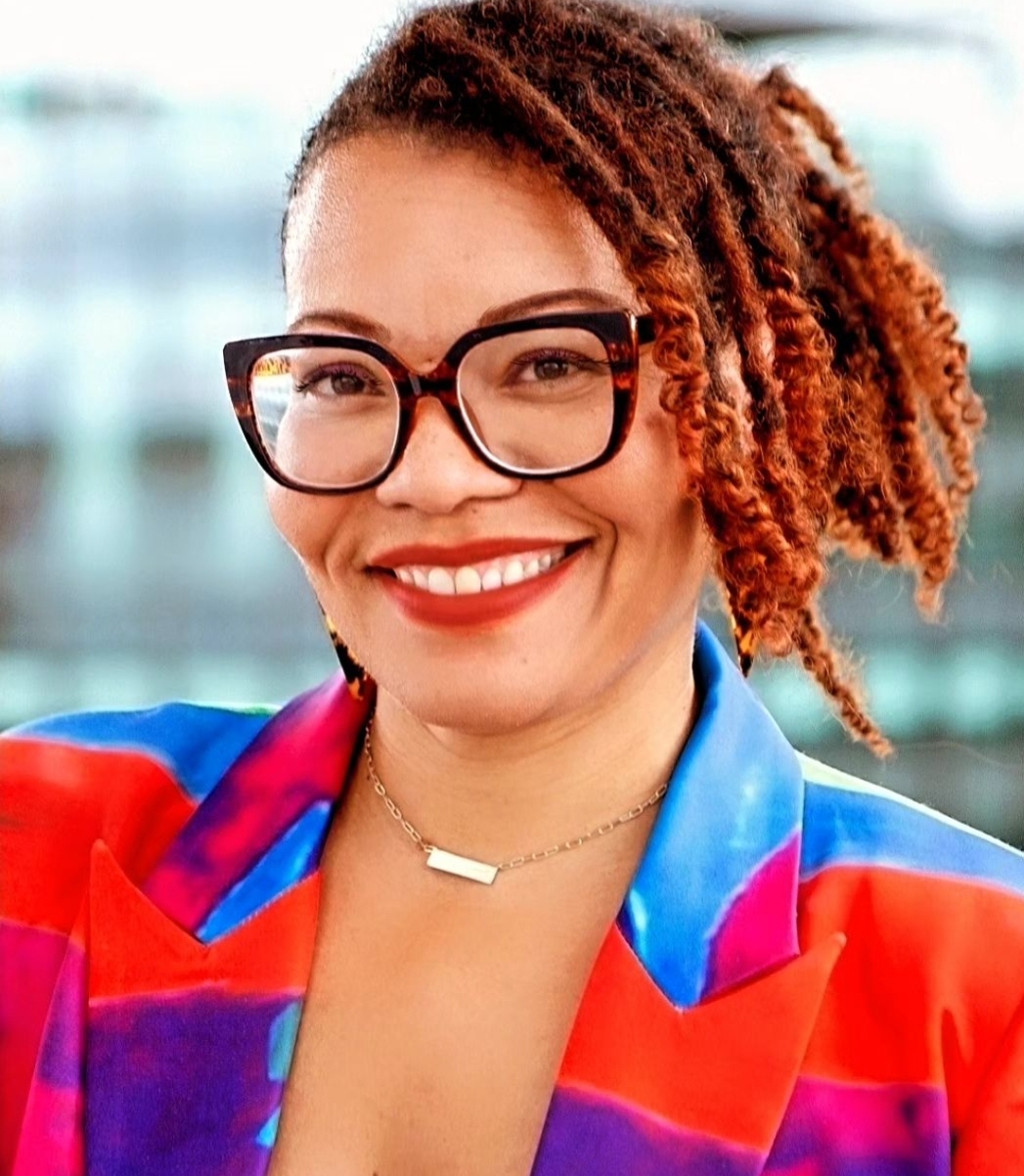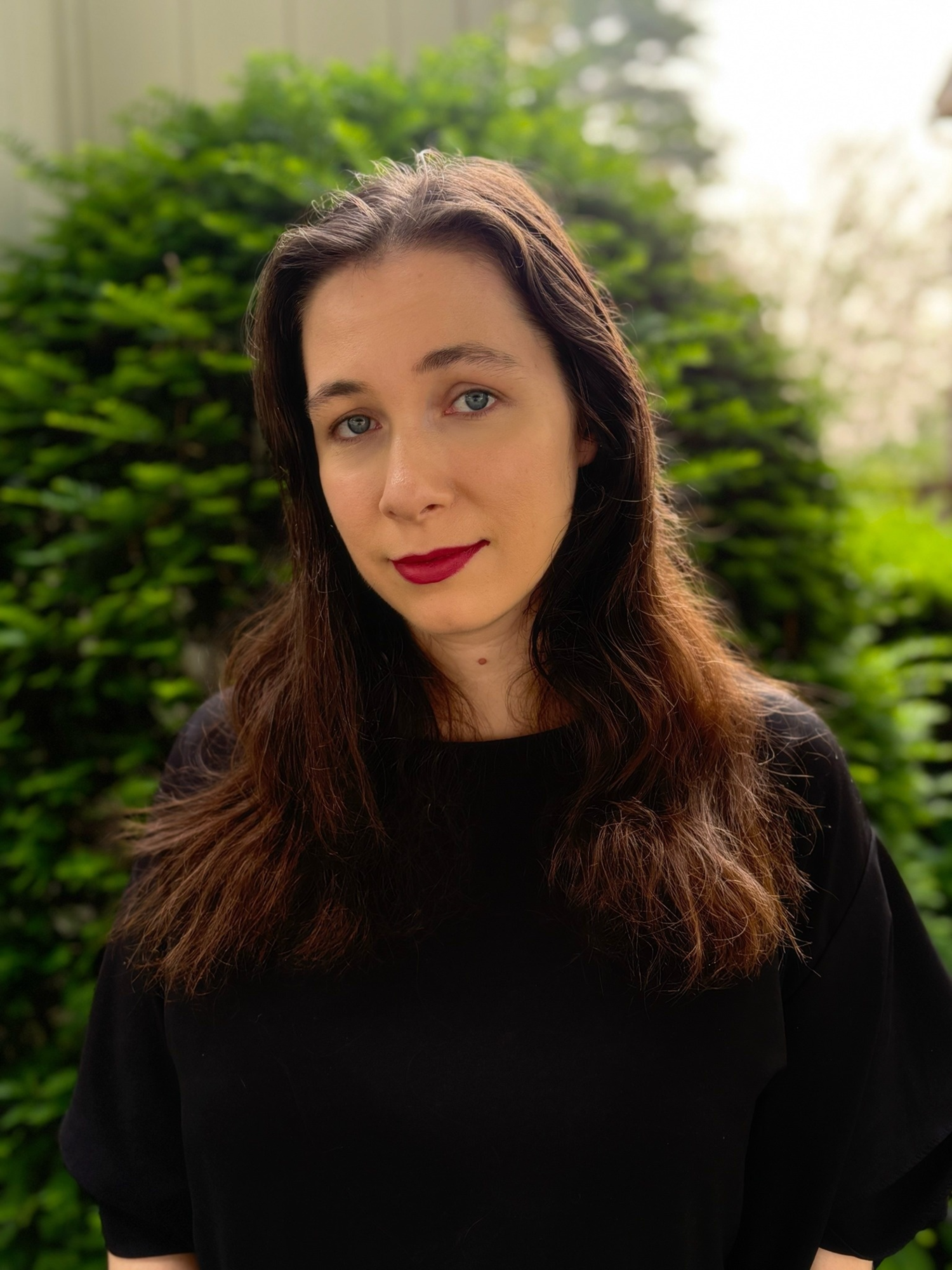Over the past few decades, large private foundations have quietly become some of the most influential funders in philanthropy – providing flexible, high-impact grants in areas ranging from education and health to economic justice and the arts. Yet for many nonprofits, securing support from these foundations can feel impossible. Watch this webinar, hosted by Patrick Schmitt, co-CEO of FreeWill, to help your organization build the knowledge and confidence needed to engage more effectively with major private foundations. We're joined by special guests: Molly Gelinas, Program Officer at Gerstner Philanthropies, Caitlin Orth, Executive Director of The Ruth and Hal Launders Charitable Trust, and Danielle Woodhouse Johnson, Director of Partnerships at National Association of Community Health Centers and Founder of The Oasis Alliance.
In this session, we covered:
* What foundation staff look for in strong proposals
* Tips for aligning your initiatives with foundation goals
* Best practices for building successful foundation relationships
* Common questions and misconceptions about private foundation grants

.webp)


